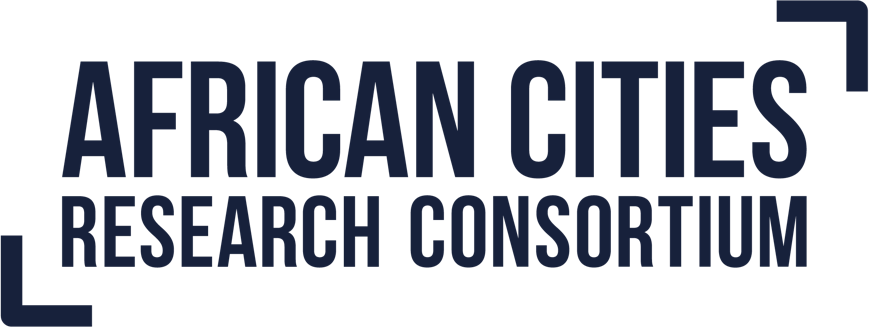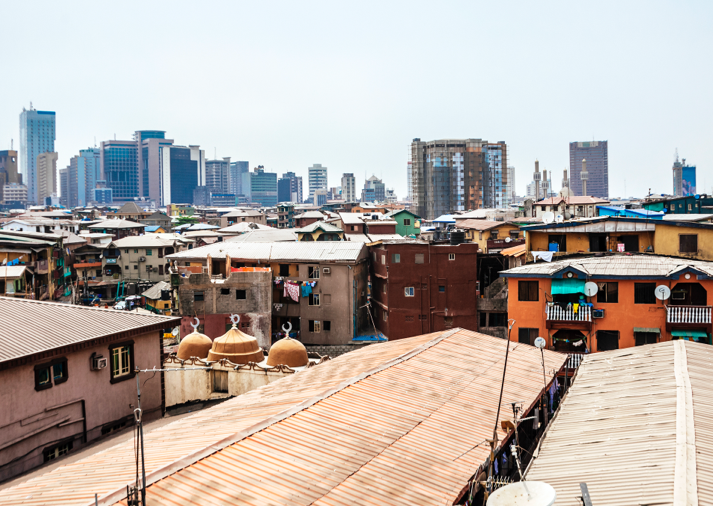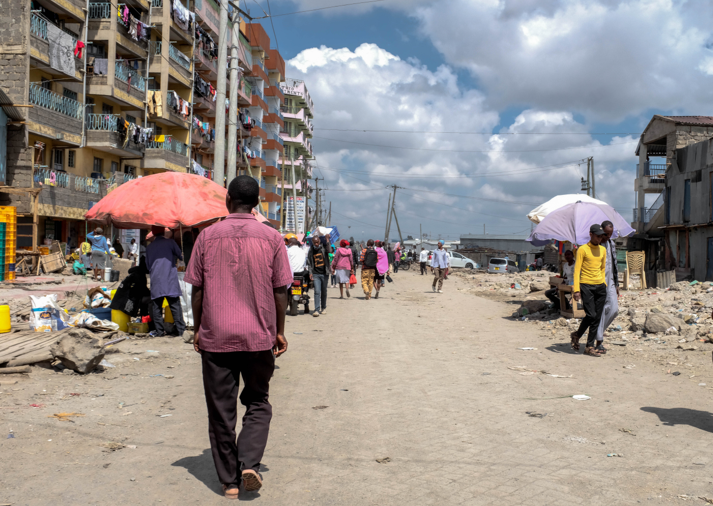Working together for urban progress
Addressing Critical Challenges
All cities are complex, dynamic, political systems. But with a fast-growing population, inadequate infrastructure and services, weak governance and limited economic development, many African cities face critical challenges. Covid-19 has only exacerbated these longstanding concerns in African cities.
The African Cities Research Consortium (ACRC) is a major six-year investment by FCDO to fund new, operationally-relevant research to address intractable development challenges in African cities.
Our Approach
Despite some efforts to adopt multi-sectoral approaches in African cities, too many programmes remain siloed – failing to deal with the complexity of urban development problems, or the possible unintended consequences of such interventions.
Our approach is more holistic. We integrate systems thinking with rigorous political analysis to provide new insights designed to support urban reform efforts. Our aim is to co-produce knowledge and then turn our research into meaningful action that tackles development challenges.
ENHANCING KNOWLEDGE, SHAPING POLICY
Through action research that builds evidence and supports coalitions of urban reformers, we aim to show how complex problems in African cities can be solved collectively. We hope these efforts will also be useful to reformers and development organisations beyond our focus cities.
Ultimately, we want to foster the development of prosperous, inclusive cities with enhanced services and more equitable local governance. We want to help improve the living conditions and life chances for all urban residents, especially disadvantaged communities.
Where we’re working
We are conducting research in a range of cities, including a number in fragile and conflict-affected states.
Through our research, we hope to develop an understanding that is relevant beyond these cities, to rapidly urbanising areas across Africa and the rest of the world.
CATALYSING CHANGE
Achieving meaningful reform in African cities requires moving beyond sectoral approaches, addressing cities as systems and understanding how progress is dependent upon politics.
We will generate evidence via an interlocking set of research activities:
Politically informed systems analysis
1
Domain analysis
2
Action research
3
Combined with a collaborative uptake approach, we hope this will produce:
Greater elite commitment

Strategic citizen mobilisation

Strengthened reform coalitions

Enhanced state capacity

Beyond our focus cities, we aim to generate:
New analytical frameworks
Practical approaches to projects & programming
Innovative urban solutions
This is how we see change happening
Our Key Urban Development Domains
CO-PRODUCING SOLUTIONS
In Mukuru, Nairobi, a coalition of local residents has long worked with external researchers and urban experts to engage local authorities – pushing forward essential upgrades for services and infrastructure.
Largely coordinated by Muungano wa Wanavijiji, a social movement of Kenya’s low-income urban communities, the coalition successfully established a Special Planning Area. They prepared an Integrated Development Plan for Mukuru as part of this, designed to improve the lives of the 100,000 households.
This precedent-setting partnership for upgrading informal settlements at scale has established plans for the provision of water and sanitation, roads and drainage, and electrification.
OUR PARTNERS
Led by The University of Manchester, the African Cities Research Consortium comprises research institutions, policy think tanks, civil society organisations and community-based researchers with a long history of helping to understand, facilitate and create positive change for African urban residents.
Sign up to our newsletter
Keep up to date with all the latest news and insights from the African Cities Research Consortium.











